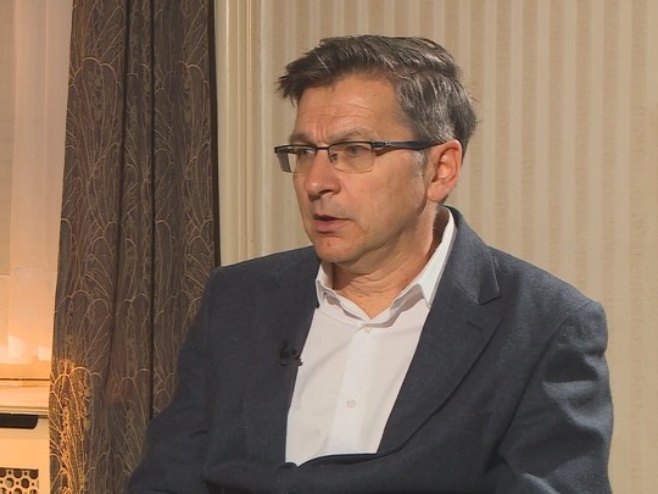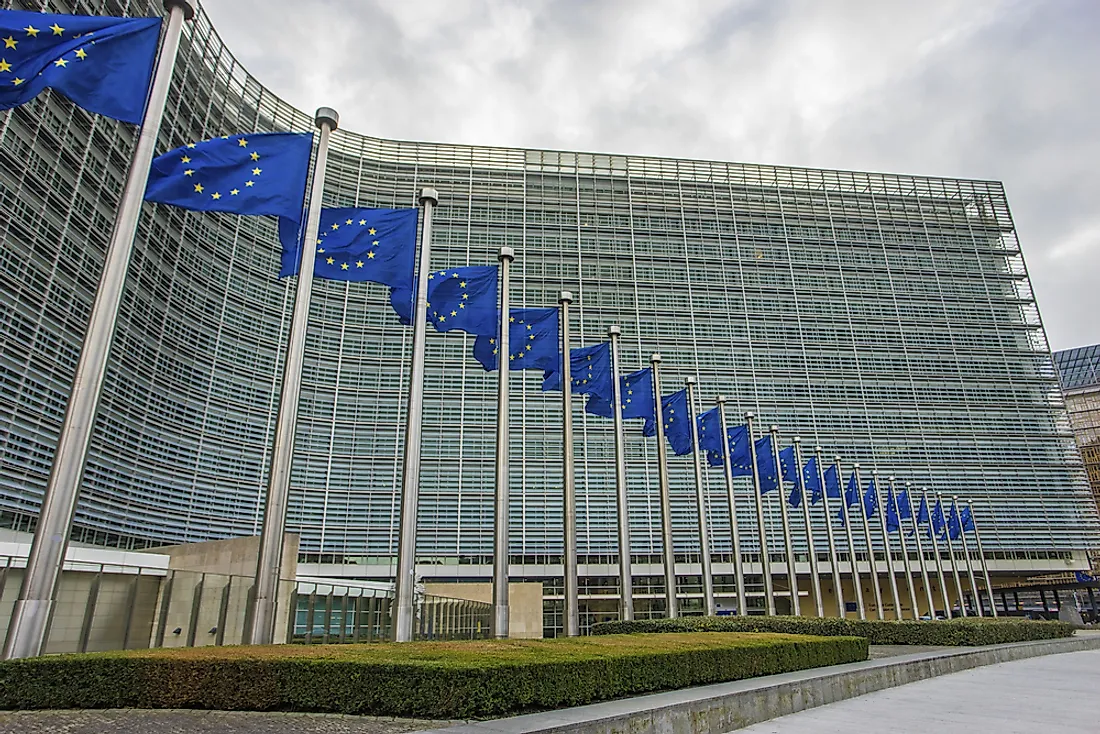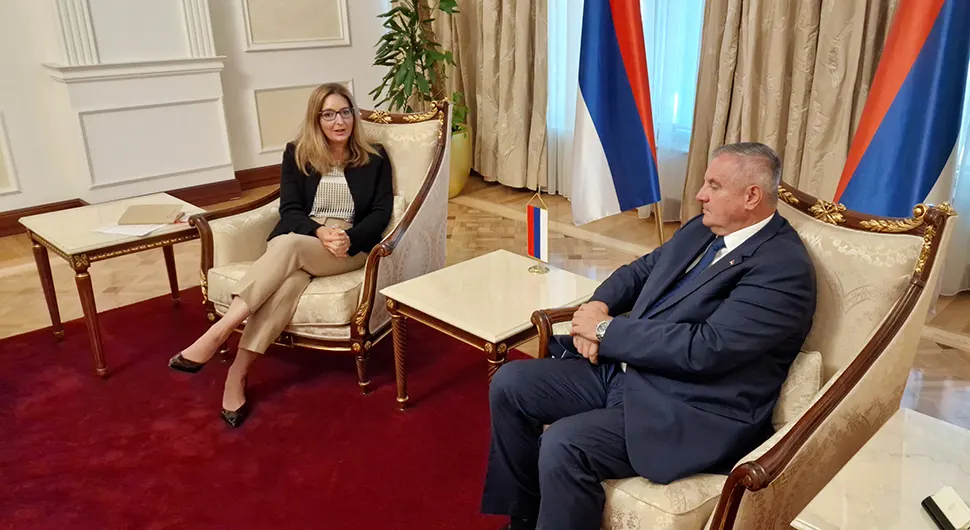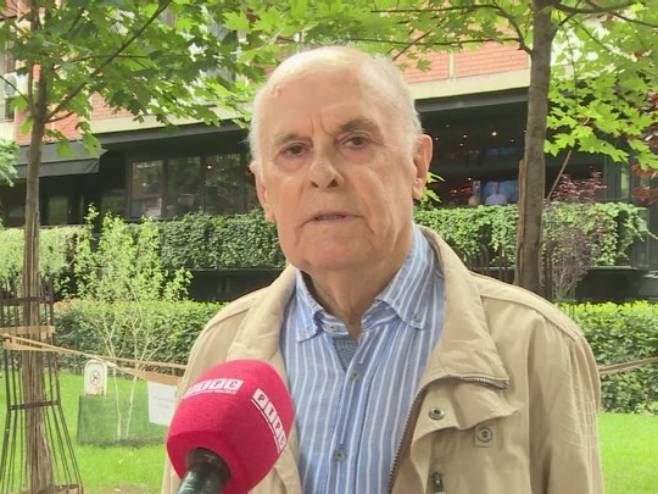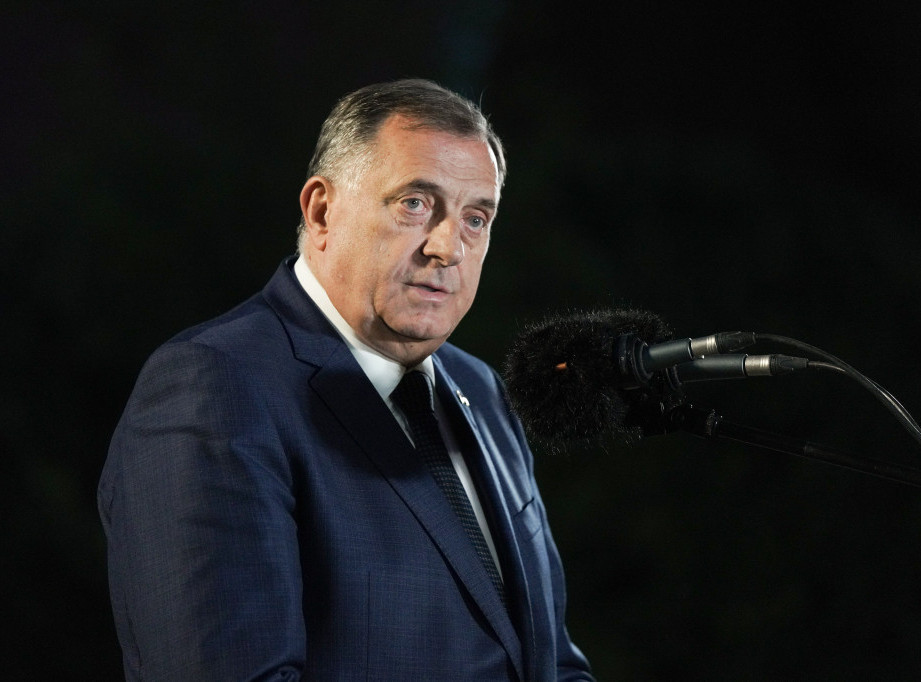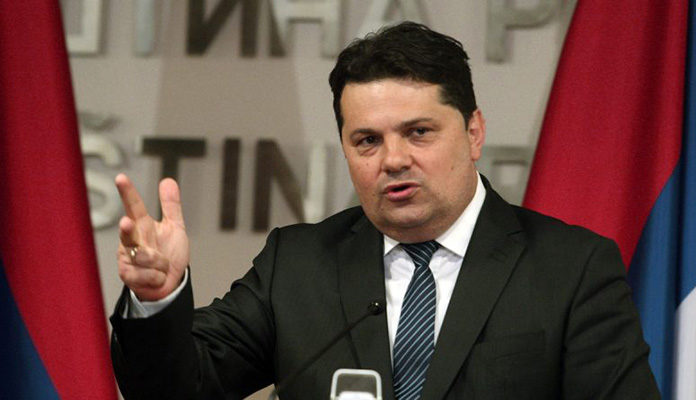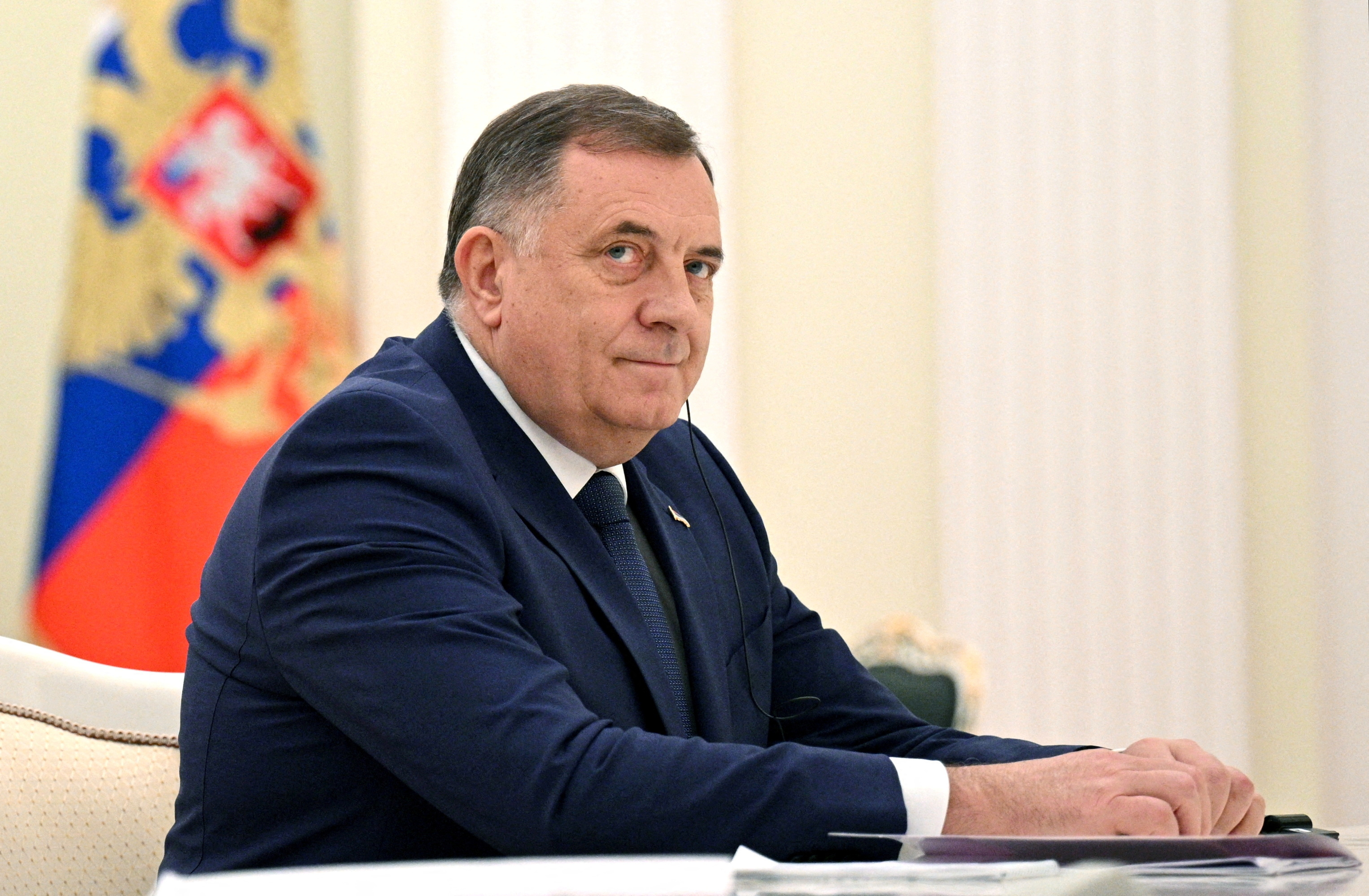Although there has been no official confirmation from Brussels, the proposal to change EU membership rules has already sparked public reaction. Under this plan, new countries could join the EU but without veto power, while enjoying all other membership benefits. Republika Srpska President Milorad Dodik says such countries would have no choice but to obey whatever Brussels diplomats dictate. A fast-track accession without full decision-making rights could further fuel Euroscepticism among Western Balkan countries that have been waiting for years in the EU’s waiting room. Analysts note that this is only an initiative, and its implementation is still a long way off.
Full membership without a veto — rapid entry into the EU without full decision-making authority. An indecent offer from Brussels or a lure for Western Balkan states? Behind this unofficial European proposal lies a visible intention to bypass rigid accession criteria in order to bring in Ukraine first, and then regional states — “pulling them away” from what is described as Russian influence — while avoiding the emergence of another Orbán.
The accelerated-accession plan without veto rights still requires the unanimous approval of all EU member states. It would grant newcomers most membership benefits, while full rights would come later, after the EU implements key reforms — including the abolition of unanimity in most decision-making areas.
In other words, new members would gain veto power only once the veto is abolished. Would these countries then be equal members — or merely followers of Brussels’ political agenda?
“This can be seen as positive, but also negative. A transitional period without full decision-making power suggests they do not want a political opponent — especially considering the current situations with Hungary, Slovakia and others that often refuse to support everything that is happening,” said Bojan Šolaja from the Center for International and Security Studies.
Marko Todorović from the Center for European Policies in Belgrade explains that a new member state would have voting rights whenever decisions are made by simple or qualified majority.
“However, in cases where unanimity is required, the new member would not have veto power. This transitional period would be defined in the accession act, and the proposal suggests it would last for 10 years,” Todorović added.
In Bosnia and Herzegovina, the prospect of second-tier EU membership is obscured by a prolonged political dispute over appointing the chief negotiator. Brussels says that once that is resolved, the door to the EU will be wide open.
“It is your decision who that person will be. They must have your trust, and it is important to appoint the chief negotiator now. We are friends of all communities in Bosnia and Herzegovina, and their future lies in the EU,” said European Commission President Ursula von der Leyen.
Aside from Milorad Dodik, no one in Bosnia and Herzegovina has reacted to the news from Brussels. The loud silence of Bosniak politicians suggests acceptance of membership without veto power — which aligns with their ongoing political goal of removing Republika Srpska’s veto within domestic institutions.
Source: RTRS
